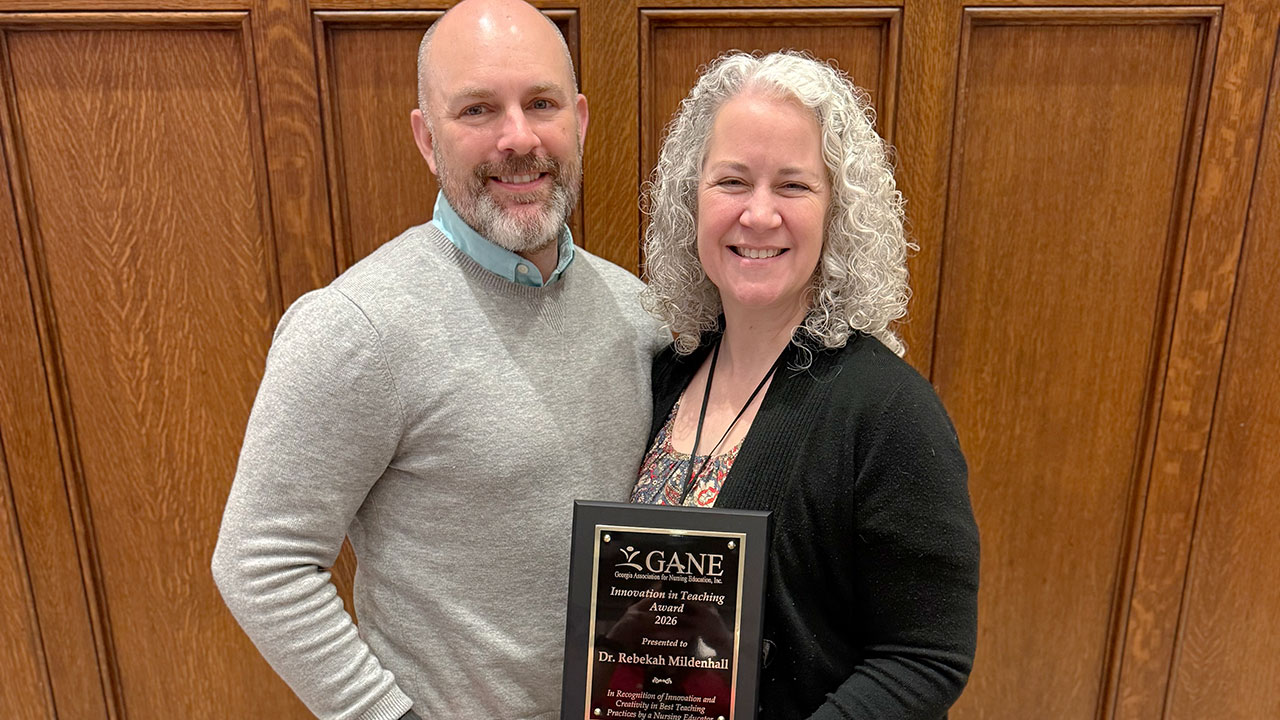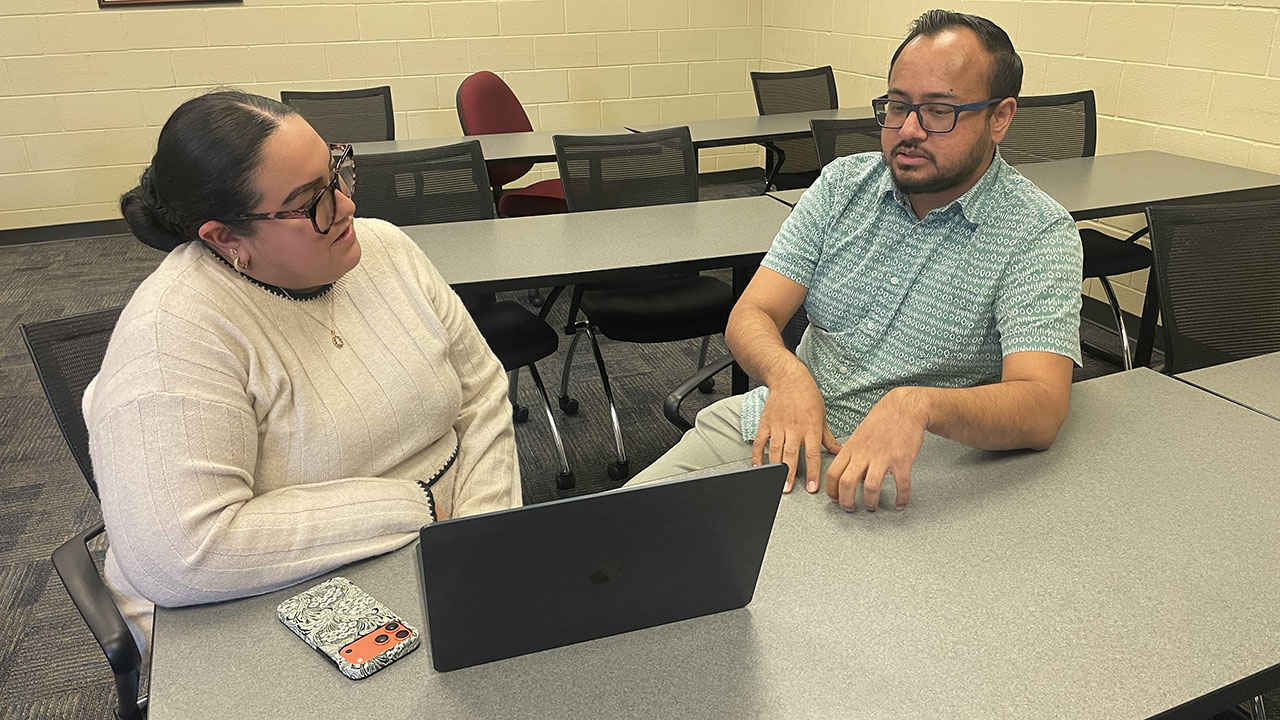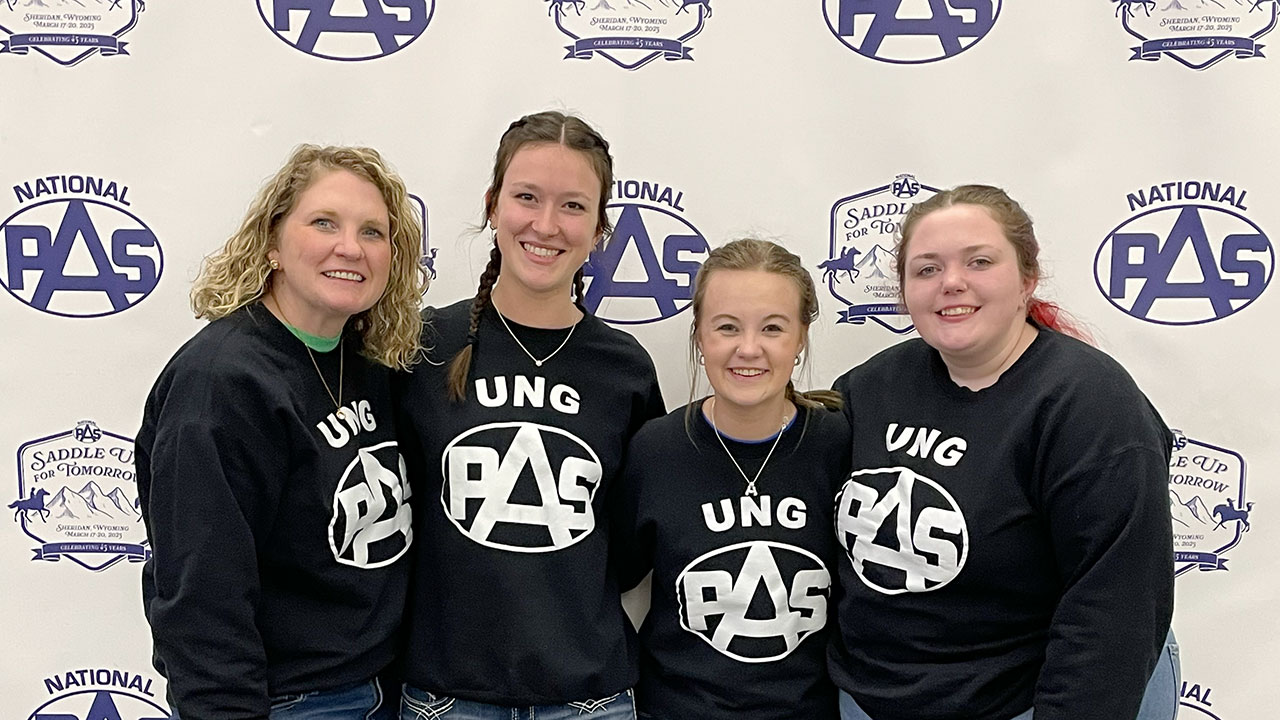New master's track added in counseling program

With the growing need for addiction counselors, University of North Georgia (UNG) students can now participate in the only accredited addiction counseling track in the state of Georgia, which received its accreditation from the Council for Accreditation of Counseling and Related Educational Programs. UNG's Master of Science in counseling degree already has two tracks in clinical mental health counseling and college counseling and student affairs.
Dr. Katie Lamberson, assistant dean of the College of Health Sciences and Professions, shared that the program will be a huge benefit to the counseling community in the state and serve as an advantage to UNG counseling students.
In 2015, the College of Health Sciences and Professions produced an assessment within the community to determine where there was a need within the profession. As a professor of a similar track at another university, Lamberson came to UNG to create a program that could fill the addictions counseling need.
"Most of the time working with addictions, the system isn't functioning as well as it could. There aren’t a lot of these tracks and there aren’t a lot of people who want to work in that field," Lamberson said. "I feel passionate about decreasing the stigma and having people stay in the field because they're passionate about it. The most important thing is for people to understand the people who struggle with addiction."
Program graduates will be prepared to work with individuals and their families who are affected by substance misuse and offer insight into prevention measures. It focuses on assessment, process and behavioral addictions, treatment, and relapse prevention. Graduates of the addiction counseling track may choose to work in private practice or a variety of community agencies offering counseling services for substance and other behavioral addictions.
The ever-growing field offers employment in drug or alcohol treatment centers, community service boards, community agencies, and local hospitals.
Atlanta, Georgia, resident Stephanie Laney switched from the clinical mental health track to the addictions track. Laney shared she's grown both personally and professionally from how thorough and well-thought-out the track is.
"The addictions track in the graduate counseling program at UNG has far exceeded any expectations I had when I decided to switch to the program," Laney said. "The topics and concepts build on themselves as you move through the track, and the education I received is so solid that I feel it is incredibly valuable for any new counselor regardless of if you intend to work with addictions or not."




